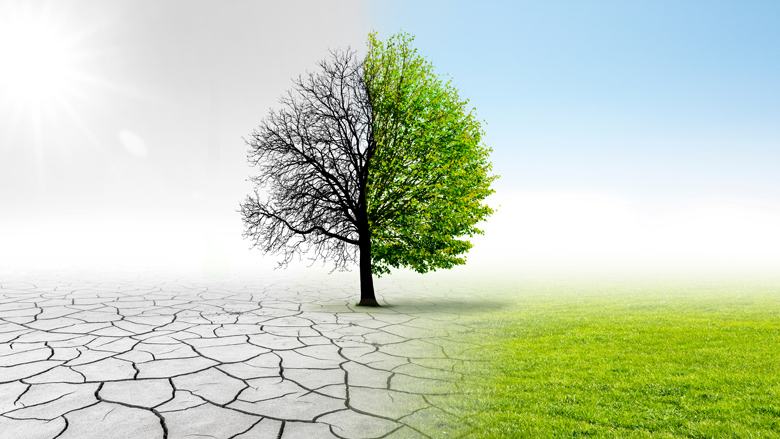The World Bank Group which continues to be the most significant multilateral financier of climate action in developing countries, says it delivered a whopping $31.7 billion in 2022 to help countries address climate change.
A report on the bank’s website showed that this is a 19% increase from the $26.6 billion all-time high in financing reached in the previous fiscal year.
President of the World Bank Group, David Malpass said, “In our last fiscal year ending June 2022, we provided a record $31.7 billion to countries to identify and enable high-priority climate-related projects as part of their development plans.”
Read also: Report: UK risks ending COP26 presidency in disunity over Truss climate policy
He noted that the bank will continue to provide solutions to pool funding from the global community for impactful and scalable projects that reduce GHG emissions, improve resilience, and enable the private sector.
According to the report, financing for climate action in FY22—which covers July 1, 2021, to June 30, 2022—reached 36% of total Bank Group financing and this exceeds the target set in the Group’s Climate Change Action Plan for 2021-2025 to deploy an average of 35% of the institution’s financing in support of climate action.
The report showed that nearly half of the $26.2 billion in FY22 in climate finance delivered by the International Bank for Reconstruction and Development and the International Development Association—$12.9 billion—specifically supported investments in adaptation and resilience.
It further showed that the International Finance Corporation, the private sector arm of the World Bank Group, delivered an unprecedented $4.4 billion in climate finance and mobilized an additional $3.3 billion from other sources. MIGA, the World Bank Group’s political risk insurance and credit enhancement arm, delivered $1.1 billion in climate finance.
The Bank Group recently launched a number of Country Climate and Development Reports (CCDRs), as part of its ongoing effort to help countries integrate climate and development objectives.
CCDRs are a new core diagnostic to help countries prioritize the most impactful actions that can reduce GHG emissions and boost adaptation. A summary of the preliminary findings of these reports will be published in the coming months to foster action-oriented discussion in the global community.
Story was adapted from the World Bank.
